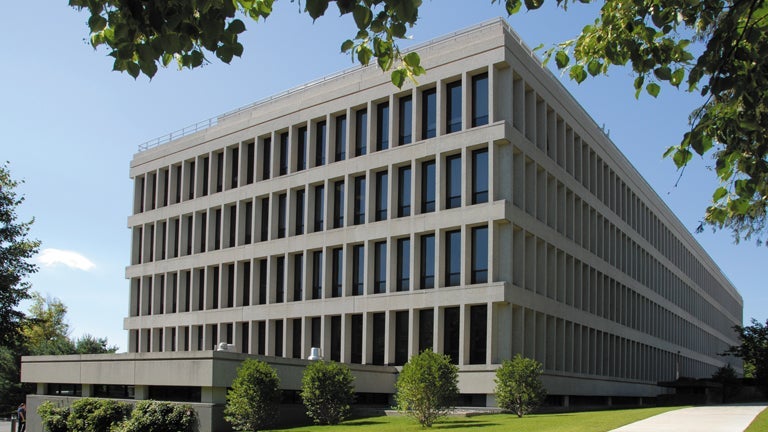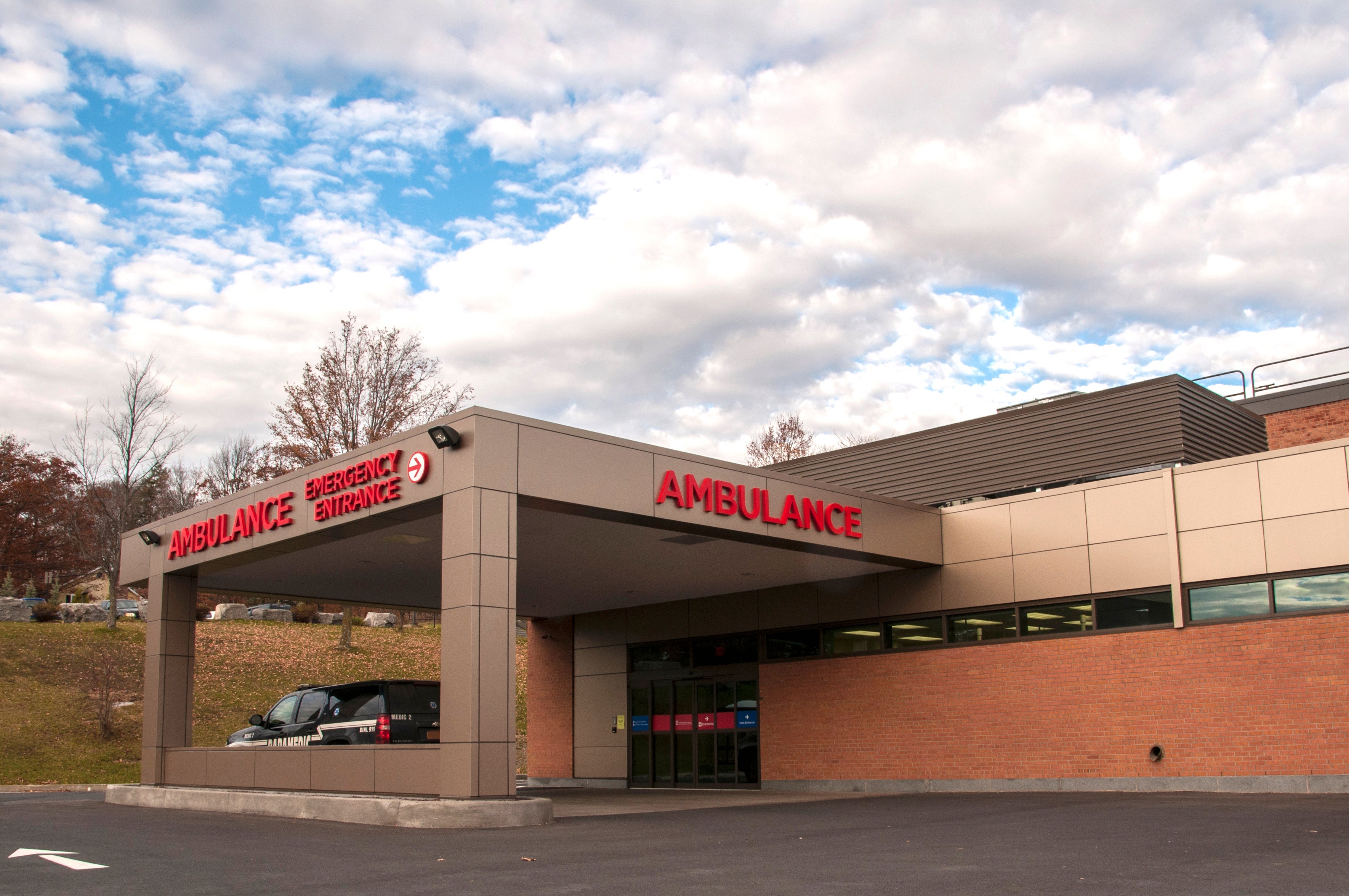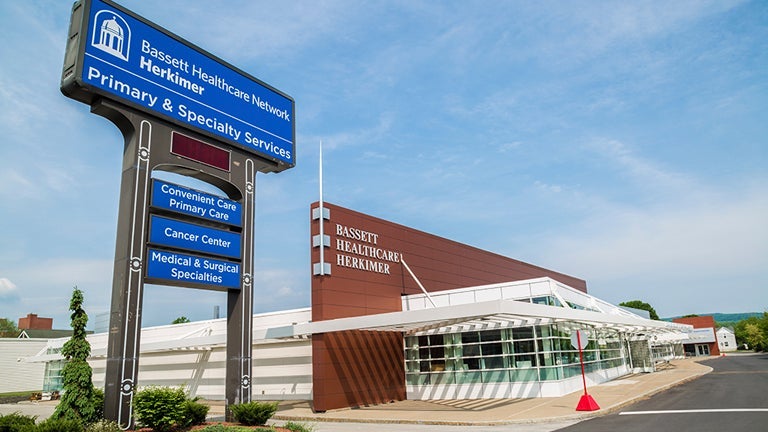Hip Pain
Why Does My Hip Hurt?
If the cartilage in the hip joint degenerates and the hip joint develops arthritis, then many normal activities such as walking, standing, or sitting may result in hip or groin pain. Groin pain is a symptom commonly associated with hip arthritis.
Our team of orthopedic hip specialists begin by diagnosing the cause of your hip pain, and reviewing treatment options with you to get you back to your normal activities.
Symptoms of Hip Problems
People with hip pain or aching hips may have one or more of the following symptoms:
- “Popping” or “crunching” noise when bending, walking, running, sitting down, or returning to a standing position
- Persistent ache inside the hip joint, usually felt in the groin area (groin pain)
- Aching or shooting pain around the hip joint or in adjacent areas, such as the buttocks, thighs, or groin
- Stiffness, swelling, or redness around the hip joint
Conditions That Cause Hip Pain or Groin Pain
Typical causes of hip or groin pain include injuries, arthritis, diseases, and lifestyle factors. Disorders that affect other areas of the body, such as the back, leg, or buttocks, can also cause hip pain. Common examples include spinal disorders such as sciatica and stenosis.
Traumatic Hip Injuries
Typical injuries that cause hip or groin pain include:
A blunt force or a fall can cause the head of the femur to “pop” out of its normal position in the pelvis. This injury is very painful, and can damage the soft tissue in the hips, as well as the surrounding nerves. The head of the femur (the “ball”) needs to be relocated to the pelvic bone (the “socket”) as soon as possible by a trained medical professional.
This injury is most common in people who play contact sports such as football, and is usually caused by a major blow to the pelvis. The impact results in a deep bruise, or in severe cases, a cracked pelvis or internal bleeding.
Activities that involve twisting, such as yoga, Pilates, various sports, or physically demanding work can tear the labrum, the ring of cartilage that protects your hip. Labral tears may cause deep pain within the joint.
A herniated disc (or “slipped disc”) in the back sometimes causes pain in the hip joint.
Commonly referred to as a “pulled groin,” this injury is caused by a strain or tear in the adductor muscles in the thigh. This injury usually affects athletes that perform sudden movements, twists, or changes in direction.
This condition occurs when overuse or repetitive motions when working or playing sports trigger the bursa in the hip to create excess fluid. This may cause swelling, inflammation, and pain.
Sometimes referred to as a “broken hip,” a fracture is caused by a traumatic impact, such as a fall, sports injury, or a motor vehicle accident. The pain is severe and usually prevents sufferers from walking or bearing weight. A fracture should be treated immediately at the nearest emergency room.
Trauma and injuries that don’t heal properly may lead to degenerative diseases such as osteoarthritis. Always see a medical professional after experiencing a hip injury to minimize lifelong damage to the surrounding joints and muscles.
Arthritic Hip Conditions
There are two major types of arthritis that can cause hip pain:
Commonly referred to as “R.A.,” this chronic autoimmune disorder inflames and thickens the hip joint’s lining. Rheumatoid arthritis breaks down the surrounding cartilage, causing painful swelling (often severe) and stiffness.
This is the most common type of arthritis. Osteoarthritis results from normal wear and tear, overuse, and aging. The protective cartilage deteriorates, causing the hip bones to rub against each other, which leads to pain, stiffness, and inflexibility.
Hip Diseases
Common diseases that can cause hip pain include:
When blood stops flowing to the pelvis, this bone begins to crack, and without proper treatment, it may collapse. Because the bone is “dying,” this condition is very painful and leaves people unable to bear weight on the side of the hip with the disease. Avascular necrosis can be caused by a hip dislocation, a fracture that did not heal properly, or certain medications or medical disorders.
This disorder involves bone loss that is usually due to aging or dietary problems. It is most common in post-menopausal women, sometimes leading to bent-over posture and/or bone fractures.
Both cancerous and non-cancerous tumors can form lumps in the bone or soft tissue of the hip. Tumors may or may not be painful, but seek medical care as soon as possible for a diagnosis.
Learn more about common hip injuries, diseases, and conditions.
Hip Pain Diagnosis
Our orthopedic specialists may begin by ordering specific imaging or diagnostic tests for your hip, including:
- X-rays
- MRIs
- CT scans
- Blood tests
- Joint aspiration
We will also review your medical history, ask about your daily activities, and perform a detailed examination of your hips and its surrounding muscles, tendons, and joints to determine which treatment plan will work best for you.
Non-surgical Treatments
Depending on your diagnosis, our orthopedic specialists usually begin with conservative treatment options that don’t require surgery. Non-surgical options include:
- Oral anti-inflammatory medication
- Injection therapy
- Physical therapy
- Osteopathic therapy, in which a specialist manipulates your muscles and joints using stretching, gentle pressure and/or resistance to improve your structure and function
Surgical Treatments
Surgical options include:
- Fracture fixation
- Partial hip replacement
- Total hip replacement
Schedule an Appointment to Relieve Your Hip Pain
If you’re experiencing aching hips or hip pain, contact the orthopedic team at Bassett Healthcare Network by calling (607) 547-3652. Our specialists will diagnose the cause of your pain and review treatment plans based on your preference and personal needs.
Bassett Healthcare Network’s orthopedic specialists offer noninvasive and minimally invasive hip pain treatments to relieve all types of hip pain throughout Central New York, including Oneonta, Cobleskill, Herkimer, Delhi, and Cooperstown.









